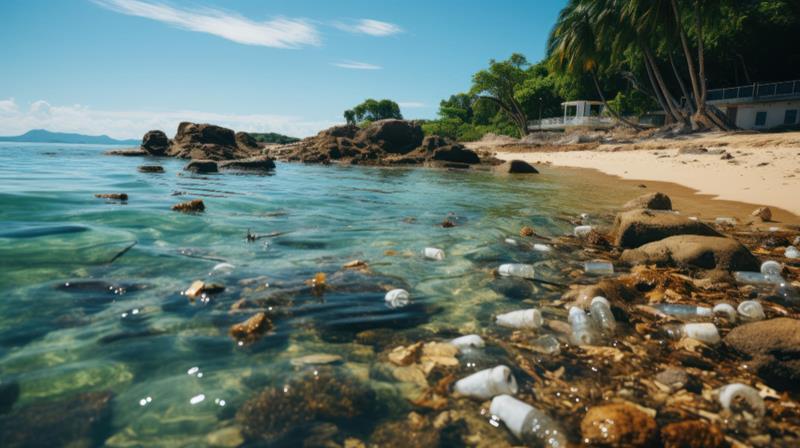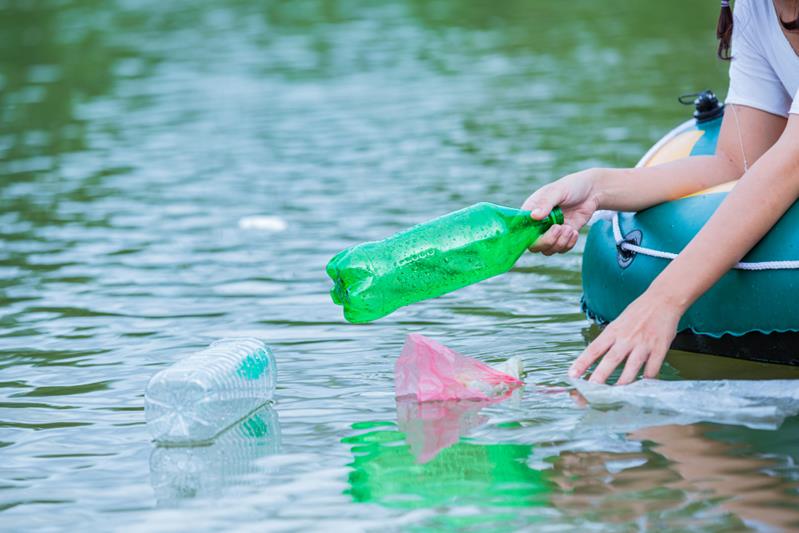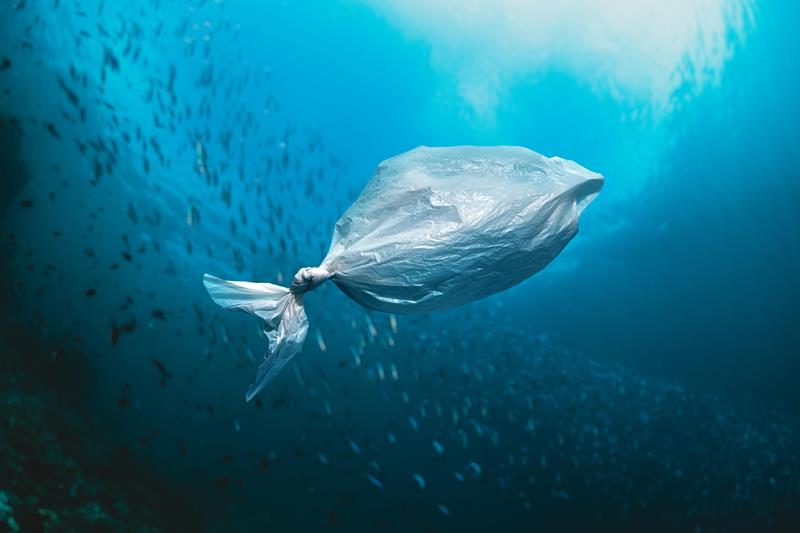What you didn't know about ocean pollution
The oceans are the main “organ” of the Earth, exerting a significant influence on its climate. By interacting with the atmosphere, it regulates the circulation of water in nature, emits and absorbs heat, forms clouds and precipitation, produces oxygen and mitigates the effects of global warming. This ocean plays an important role in the Earth’s ecosystem by providing biological, mineral and energy resources. Making up more than 70% of the planet’s surface, it is a key factor for the well-being of ecosystems and the climate as a whole. Unfortunately, the problem of ocean pollution has become increasingly acute in recent decades, and ignoring this problem can lead to irreversible consequences.
Causes and consequences of ocean pollution
The increase in pollution of the World Ocean was a consequence of the development of civilization. Starting around the middle of the 20th century, this negative trend is associated with the flourishing of the chemical and oil refining industries.
There are different reasons leading to pollution of the World Ocean. One of them is the release of toxic chemicals from industrial and agricultural sources that directly enter the ocean and pollute its waters. These wastes harm marine flora and fauna, as they are dangerous to living organisms.
In addition, such waste contributes to rising ocean temperatures, which leads to thermal pollution. Animals and plants that are unable to survive at elevated temperatures are at risk and die. Major oil spills and pollution from ships also cause serious harm to the marine environment.
A particularly devastating effect is the pollution of the ocean by oil, which remains in the sea for a long time and is extremely toxic to marine life, often leading to the suffocation of marine animals. Effective purification of such contaminants is an extremely difficult task. Also, deep-sea mining is another source of pollution, creating sulfide deposits at depths of up to 3.5 km. Land runoff containing anthropogenic pollutants such as fertilizers, oil, and pesticides can also have negative impacts on the marine environment.
One of the scary facts about ocean pollution is that it negatively affects human health. Sea creatures that end up on the human table can become a source of dangerous toxins that accumulate in the tissues of the human body. This can lead to cancer, birth defects or long-term health problems.

Tips and Tactics for Dealing with Pollution Problems
Ocean pollution is a global challenge that requires urgent and united intervention. A key aspect of an integrated approach is to recognize not only the national but also the international implications of the problem. Spreading important facts about ocean pollution will help effectively implement tactics to solve the problem.
Minimizing plastic use involves avoiding single-use plastic items such as bottles, glasses and utensils in favor of reusable and more environmentally friendly alternatives such as stainless steel or glass.
To combat pollution, it is important to properly dispose of plastic waste and support recycling programs, as well as participate in collecting recycling materials. Technological solutions such as waste collection systems and seawater filters, as well as effective plastic legislation, are also helping to address the problem.
Additional steps include supporting ocean conservation nonprofits, raising awareness about pollution, and participating in educational programs. Participation in cleanup efforts and other global actions also plays an important role in solving the problem of ocean pollution. Finally, it is important to support and actively participate in international initiatives, as well as cooperation between countries, to develop common strategies to protect the world’s oceans. Solving the problem of ocean pollution requires united efforts from all participants in the global community.
Interesting facts about ocean pollution
Ocean pollution is a serious problem that has negative impacts on the marine ecosystem and human health. Here are some interesting facts about this problem:
- Just four liters of machine oil is enough to poison more than 4 million liters of clean drinking water;
- Every day, 35 tons of garbage enter the world’s oceans;
- By 2050 there will be more plastic in the ocean than fish;
- Plastic pollution causes the death of more than 100 million animals per year;
- There is a garbage area twice the size of Texas in the ocean;
- 80% of ocean trash comes from land-based activities;
- Plastic pollution in the ocean increases the likelihood of coral disease and coral reef mortality;
- Industrial fishing results in large numbers of nets being thrown into the sea, threatening marine life;
- Fine plastic particles leach into seafood and cause illness in humans.
- The most polluted ocean in the world is the Atlantic, in which more than 100 million tons of garbage float.
The threat associated with pollution of the World Ocean and changes in its ecology poses a danger to all humanity. Negligent human actions further worsen the already critical condition in the aquatic ecosystem.




